There is no evidence that spicy food directly affects the prostate. However, it has been shown that spicy foods can irritate the bladder. It is close to the prostate, and when you have prostatitis or inflammation of the prostate, it can affect the way you urinate.
While spicy foods do not affect the prostate directly, the additional irritation to the bladder can complicate its condition and aggravate the main symptoms.
If you notice more problems after eating such spicy or acidic foods, then you should avoid them altogether.
Capsaicin and prostate cancer
Capsaicin is the ingredient that makes peppers spicy. Scientists suggest that it also causes prostate cancer cells to “commit suicide” - according to studies. Tests show that capsaicin triggers 80% of the cells to start the process leading to cell death.
The US study in the journal Cancer Research also found that tumors treated with capsaicin were smaller. And British prostate experts say capsaicin could be the basis for a future drug.
In a study, researchers at Cedars-Sinai Medical Center tested mice that had been genetically modified to have human prostate cancer cells. They were given a dose of hot pepper extract equivalent to a 200-pound man taking 400 milligrams of capsaicin three times a week (between three and eight fresh hot peppers). In the study, capsaicin dramatically slowed the growth of prostate tumors.
Normal cells go through a constant process in which millions die every second - a process called apoptosis - while millions more are produced to keep the numbers the same. But cancer cells evade this process and “escape” apoptosis by mutating or deregulating genes involved in programmed cell suicide.
Capsaicin is thought to increase the amount of certain proteins involved in the process of apoptosis. Capsaicin also reduces the amount of prostate-specific antigen (PSA), a protein that is often produced in high amounts by prostate tumors.
At this point, scientists still don’t know how, if at all, capsaicin might help men with prostate cancer. They first need to find a way to extract capsaicin and make it available as a drug treatment.
Scientists warn men not to go crazy with their hot pepper consumption, as eating too much of spicy foods has been linked to stomach cancer.
For now, if men with prostate cancer want to improve their diet, they should avoid fatty foods, eat less red and processed meat, increase their intake of fish, and enjoy a wide and plentiful range of fruits and vegetables every day.
Find out which foods are good for the prostate.

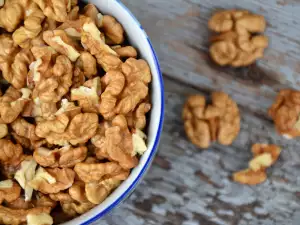
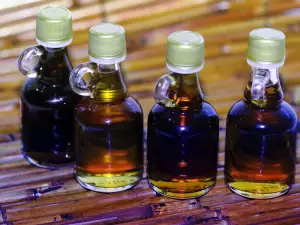
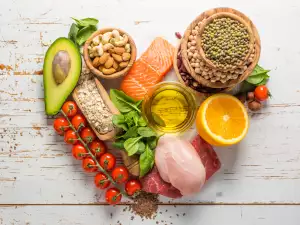





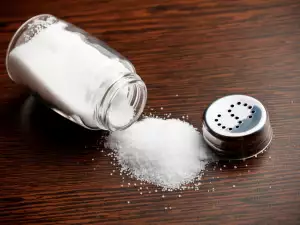
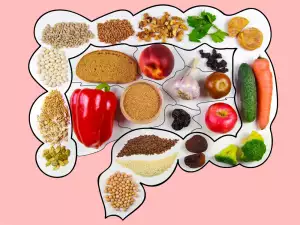
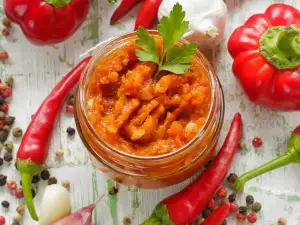

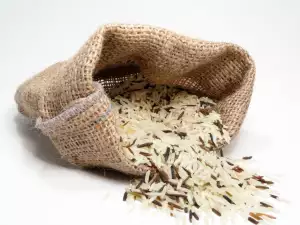
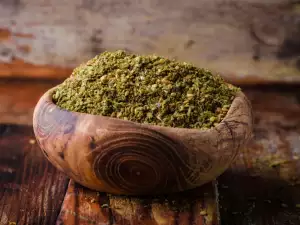
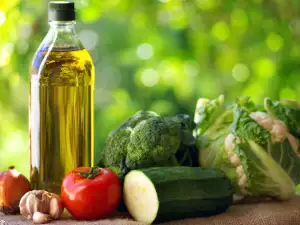




Comments